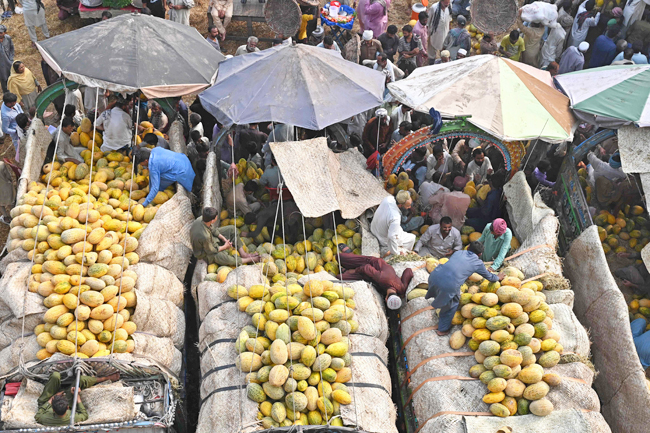ISLAMABAD (AFP) – Pakistan said yesterday it would have to go through “transitional pain” after the International Monetary Fund (IMF) agreed to a new relief package of USD7 billion to bolster its faltering economy.
Although the South Asian nation’s economy has stabilised since it came close to defaulting last summer, it is dependent on IMF bailouts and loans from friendly countries to service its huge debt, which swallows up half of its annual revenues.
“There will be transitional pain, but if we are to make it the last programme, then we have to carry out structural reforms,” Minister of Finance Muhammad Aurangzeb told local broadcaster Geo News.
The three-year loan programme “will require sound policies and reforms” to support Pakistan’s ongoing efforts to strengthen its economy “and create conditions for a stronger, more inclusive, and resilient growth”, the IMF said in an earlier statement. Pakistan in July agreed to the deal – its 24th IMF payout since 1958 – in exchange for unpopular reforms, including cutting back on power subsidies and widening its chronically low tax base.
Speaking on the sidelines of the United Nations General Assembly in New York on Wednesday, Prime Minister Shehbaz Sharif said the deal came through thanks to the “tremendous support” of Saudi Arabia, China and the UAE.
“In the final phase (of negotiations), the IMF’s conditions were related to China. The way the Chinese government supported and strengthened us during this time is something I am truly grateful for,” he told reporters shortly before the deal was announced.
Last month, Aurangzeb had said Pakistan was negotiating a USD12 billion loan reprofiling from bilateral lenders.




